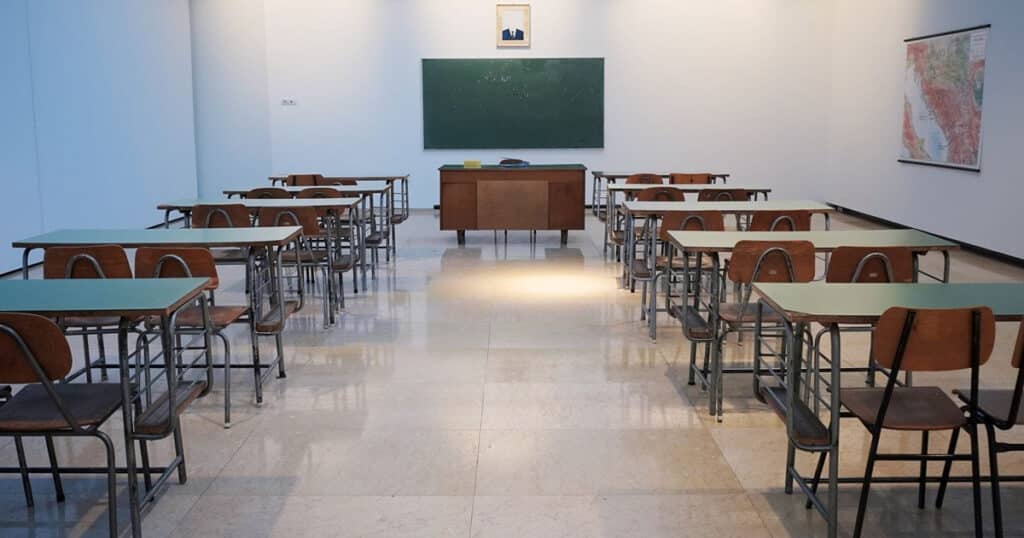
Lawmakers blast Chinese Communist Party’s influence on American classrooms
House lawmakers held a hearing to investigate the Chinese Communist Party’s alleged efforts to influence American classrooms.
The Early Childhood, Elementary, and Secondary Education Subcommittee held the hearing, led by Chair Rep. Aaron Bean, R-Fla. The lawmakers brought scrutiny against Confucius Classrooms, a program with ties to the CCP, which promote teaching things like the Chinese language and culture, among other things, in hundreds of classrooms around the country.
The nonprofit education group, Parents Defending Education, released a report earlier this year which found the program has received over $17 million in government funding of some kind since 2009 and has been present in 143 school districts covering 34 states and the District of Columbia.
Ryan Walters, State Superintendent of Public Instruction at the Oklahoma State Department of Education, had one of his schools mentioned in the report and testified at the hearing.
“Following the discovery that one of our school districts in Oklahoma, Tulsa Public Schools, was named in that report, my staff diligently conducted a further investigation into the issue and discovered a disturbing connection between the CCP and that school district,” Walters said in his testimony. “Through a series of non-profits, that school district maintains an active connection with the CCP through a program called Confucius Classrooms, even after the federal government cracked down on similar programs in 2020.”
Walters advocated for banning this kind of funding.
“With whatever common sense remains, I urge that Congress pass a law to ban schools from accepting money from hostile foreign governments and prohibit data sharing agreements with hostile foreign governments,” he said in his testimony. “At the state level, state education agencies should require districts to report foreign money they accept and non-profit money they accept.”
Bean argued the program poses a national security threat, making note that in 20 instances the classes are near military bases.
“The risk posed by the proliferation of Confucius Classrooms is threefold, threatening America’s national, geopolitical, and academic interests.”
Lawmakers also warned of ideological influence on American students, particularly regarding things like Chinese history.
“I think we all know how the CCP views education. They view education as being entirely subordinate to the party, to the message of socialism and communism,” Rep. Brandon Williams, R-N.Y., testified at the hearing.
Gisela Perez Kusakawa, Executive Director, Asian American Scholar Forum, testified at the hearing, pushing back on some of the sentiment of other witnesses by raising concerns about using national security concerns to make Asian Americans feel like “perpetual foreigners.”
“We need to do better for the Asian American community and our youth, and address the underlying issues of these inherent biases against and scapegoating of Asian Americans,” she testified. “We must be prepared to be critical of economic or national security pretexts that can be used to perpetuate racial bias, profiling, and hate against Asian Americans.”
Rep. Virginia Foxx, R-N.C., said this issue is beyond normal partisan lines.
“Someone listening to this hearing might come away thinking this is a partisan issue, but I actually suspect that parents on both sides of the aisle do not want foreign governments—especially communist powers—indoctrinating their children,” she testified.



